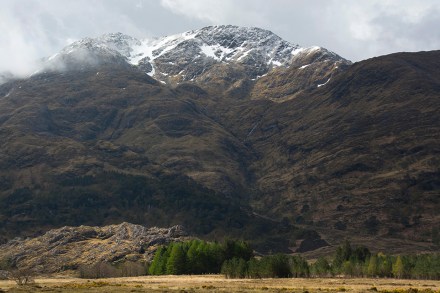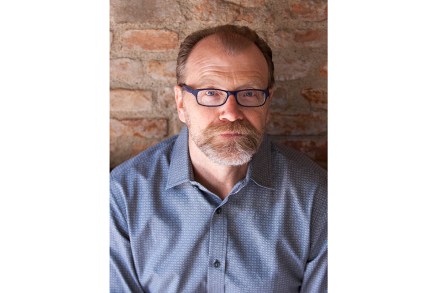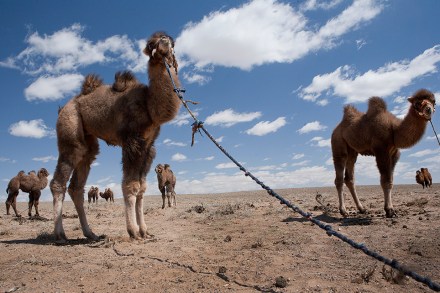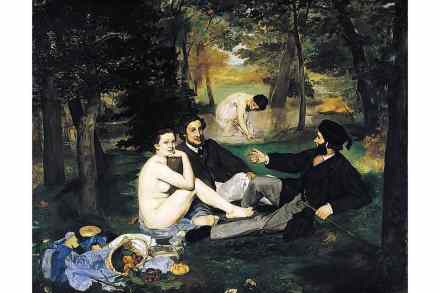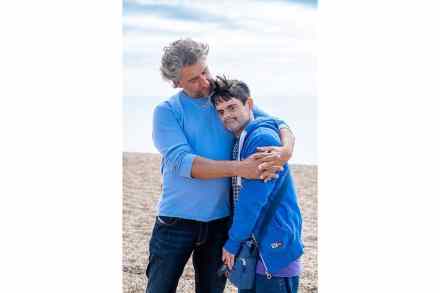Bogs, midges and blinding rain: the joys of trekking in the Highlands
Raynor Winn’s first book, The Salt Path, was a genuine phenomenon. Having been evicted from their farm after 20 years, she and her husband Moth, who suffers from a degenerative disease, set off on a courageous walk around the south-west of England in the hope of restoring his health and finding a new life. It was a deserved international bestseller. Avoid this book if you want a cosy tartan-and-shortbread version of the Highlands Landlines picks up the story. Although walking proved a temporary respite for Moth, his corticobasal degeneration (CBD) – which the medics advised was without treatment or cure – takes a turn for the worse. Raynor decides to
